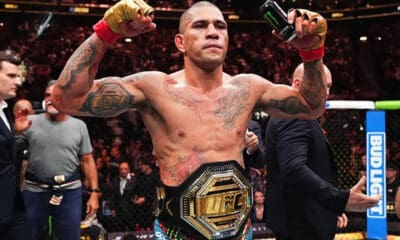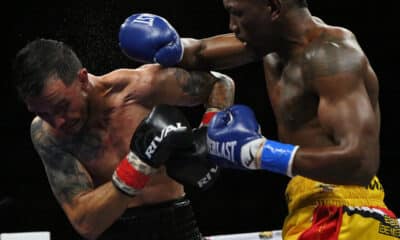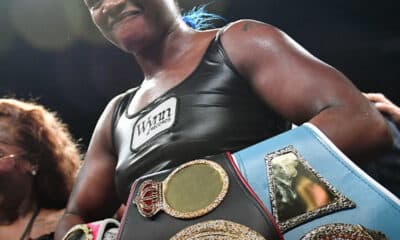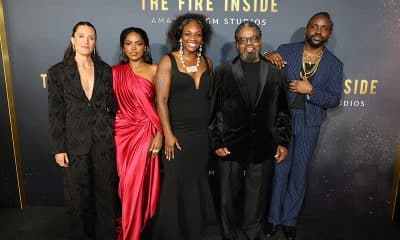Female boxing has always sat in the shadow of the male sport, driven there by the idea that talented female boxers are thin on the ground.
This untrue assumption reduced the number of TV title cards given over to women’s matches, diminishing the exposure of the women’s side of the sport and, therefore, depressing the number of women who would consider it as a professional career.
Over the last decade, however, women’s boxing has seen a resurgence in popularity, with female boxers across the world getting at least some of the recognition they deserve.
In this article, we will be looking at how women’s boxing has developed, its fight for legitimacy, and the new threats to its existence caused by the rise in popularity of other combat sports.
A Brief History of Women’s Boxing
Women have been involved in the sport of boxing since the 18th century; however, until very recently, the main fight for female boxers was just to get into the ring, let alone fight in it.
In the United Kingdom, public opinion came down heavily on the idea of a female boxer, with boxers being banned from competing, matches being broken up and the very idea of women’s boxing being described as a “disgraceful exhibition” by the Home Secretary.
While the sport of men’s boxing grew steadily from its 18th-century roots, women’s boxing would not be openly sanctioned until 1988, when matches were organized by the Swedish Amateur Boxing Association.
It took until as late as 1998 for the UK-based B.B.B.C. to license a female boxer, and in the US, Gail Grandchamp had to spend eight years going through the courts in Massachusetts to get certified as a boxer.
Women’s boxing didn’t appear in the Olympics until 2012, and, even then, female boxers were obliged to wear skirts as part of a gender-appropriate female boxing uniform.

Part of the issue confronting female boxers is the lack of interest that sports networks have in promoting their fights
The Problems with Turning Pro
Even with women’s boxing finally getting some of the recognition it deserves, one of the main issues that every female boxer needs to confront is the decision to turn pro or not.
The issue behind turning pro is that it disqualifies boxers from competing at the Olympic Games, and the Olympics represent one of the few major competitions where women can win a globally-recognized award and get the recognition that comes with it.
However, if no female boxers turn pro, the sport has no opportunity to grow and become more mainstream.
One of the other major problems with turning pro is the wage ceiling for female boxers. While male boxers are shooting for prize pots of between $100,000 and $1 million, the lack of interest in women’s boxing from most TV networks means that female boxers can’t hope to earn that much.
And yet, in the face of losing their opportunity to fight in the Olympics and this wage ceiling, the stars of female boxing, such as Amanda Serrano, Claressa Shields, and Heather Hardy have turned pro to try and advance the sport they love.

Despite the many issues facing the sport, female boxers continue to push the envelope, winning at the Olympics and pushing for greater visibility.
The New Dawn for Women’s Boxing and New Problems
Recent years have seen some big steps forward for both women’s boxing and boxing in general.
Showtime Sports and ESPN have started promoting women’s boxing, and the sport took a huge stride when, in 2016, Claressa Shields became the only American fighter, male or female, to have ever successfully defended an Olympic gold medal.
Boxing is a sport that has seen a lot of diversification in recent years. The lines between boxing and MMA have blurred, and offshoot combo sports—such as chess boxing and 2—have sprung up. But, despite this increased diversity, women’s boxing is facing a fresh set of challenges.
Female MMA fighters have certainly blazed a trail for diversity in combat sports, but the sheer popularity of MMA is dragging the spotlight away from women’s boxing. Boxers like Heather Hardy are considering transferring to MMA permanently just because the financial rewards are that much greater.
And yet, in the face of these challenges, new and old, established female boxers and budding new talent continue to push to receive the recognition they, and their sport, deserves.























